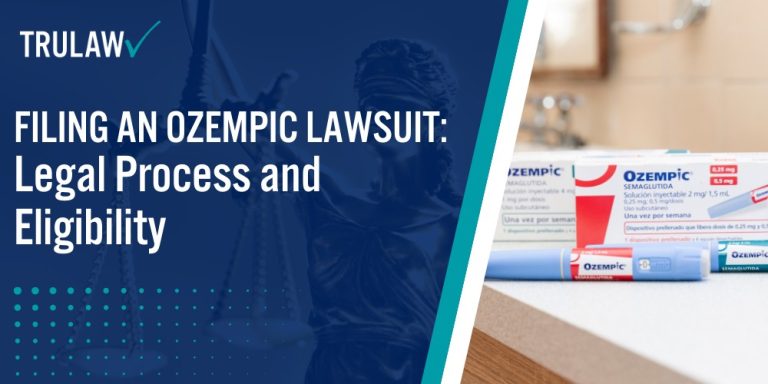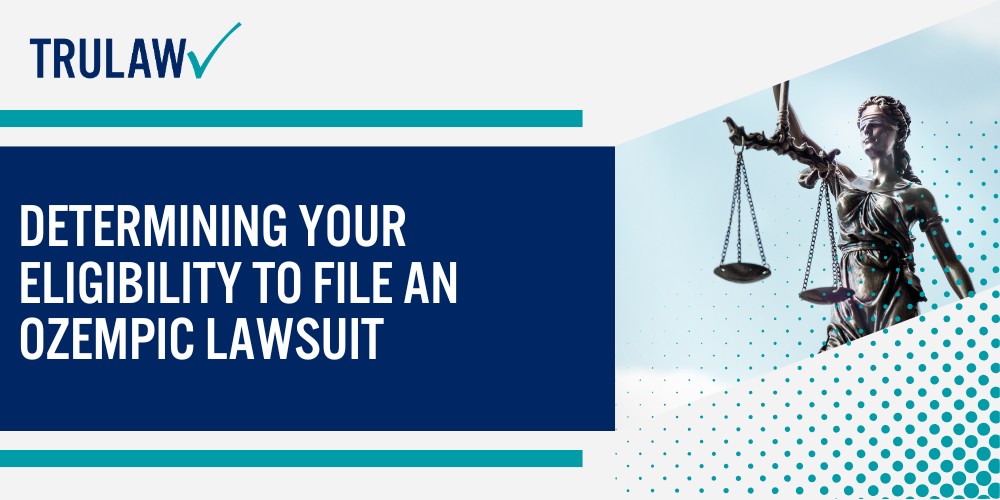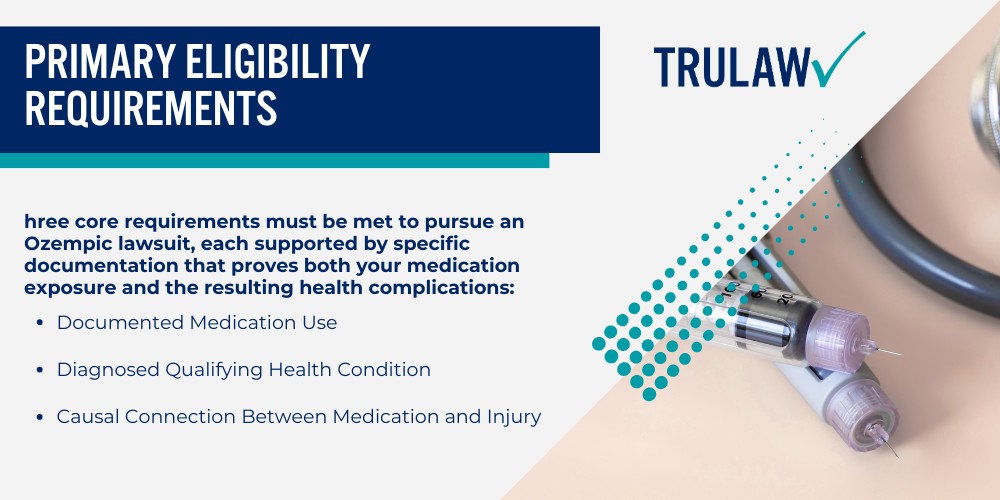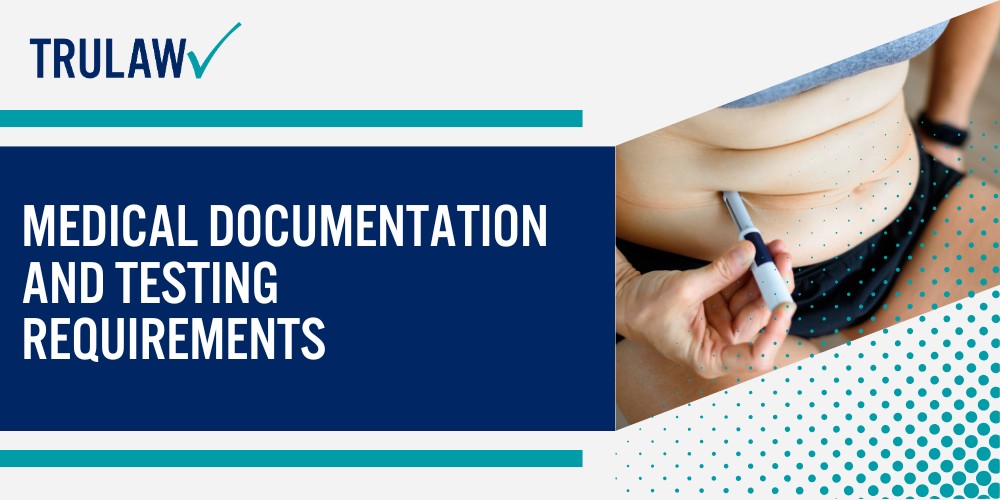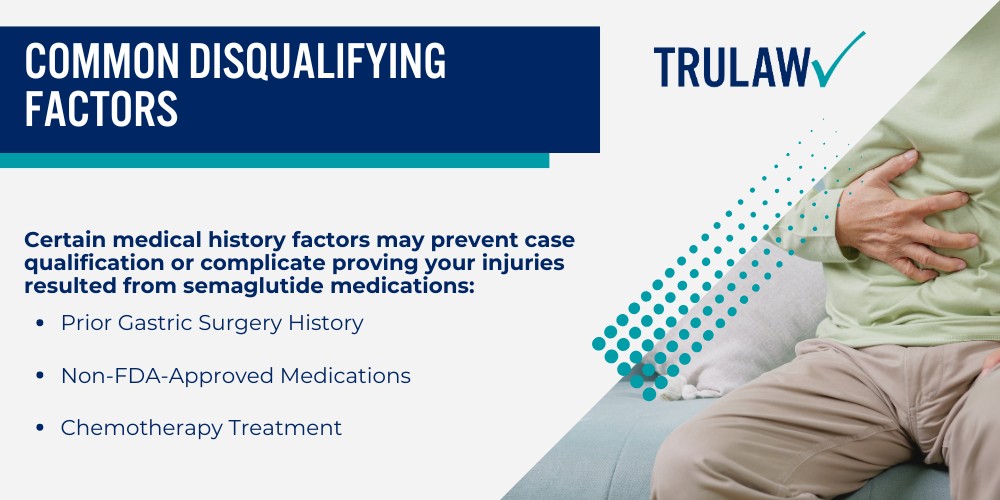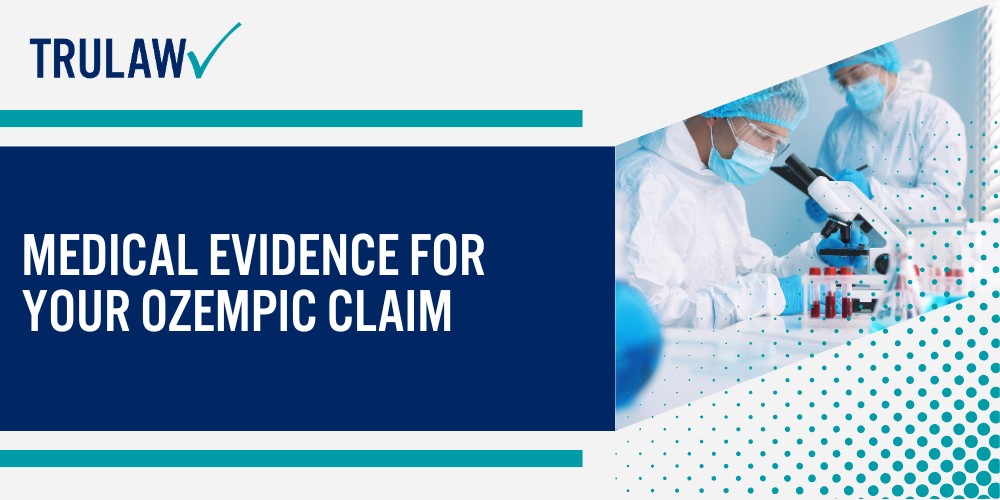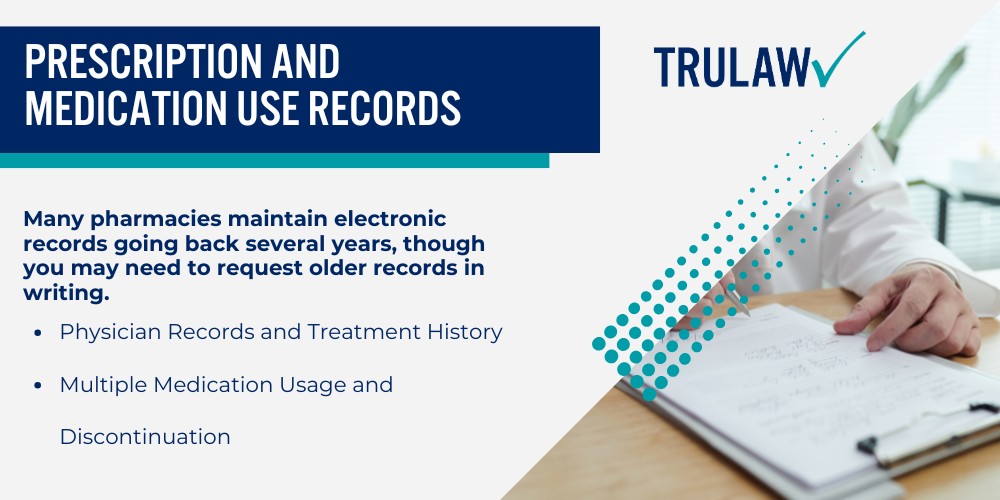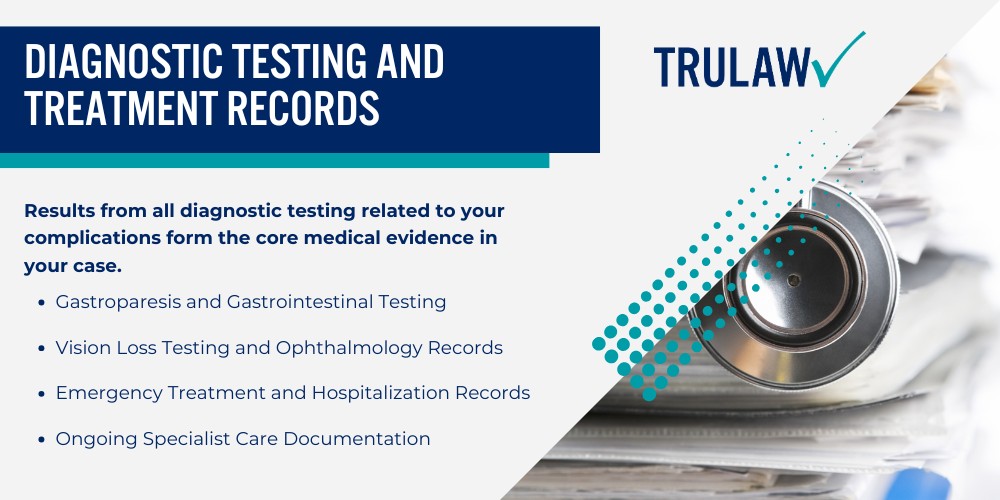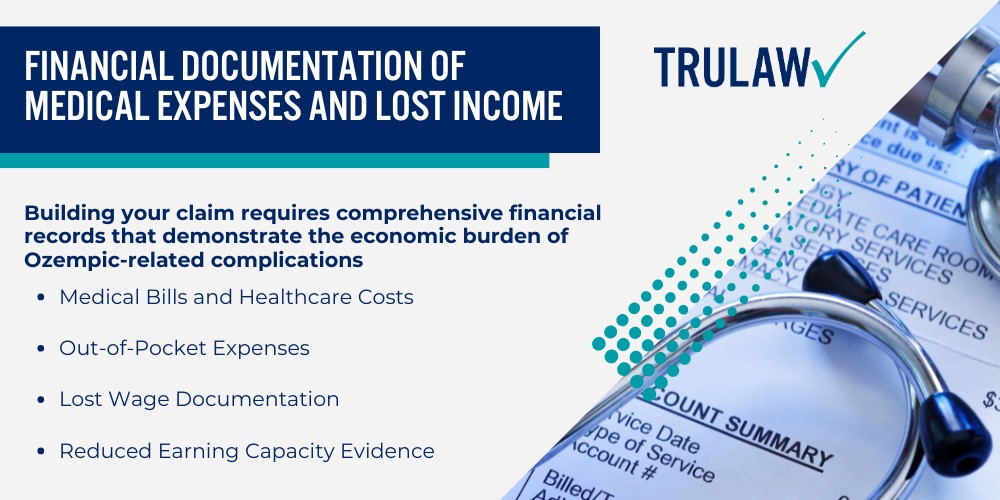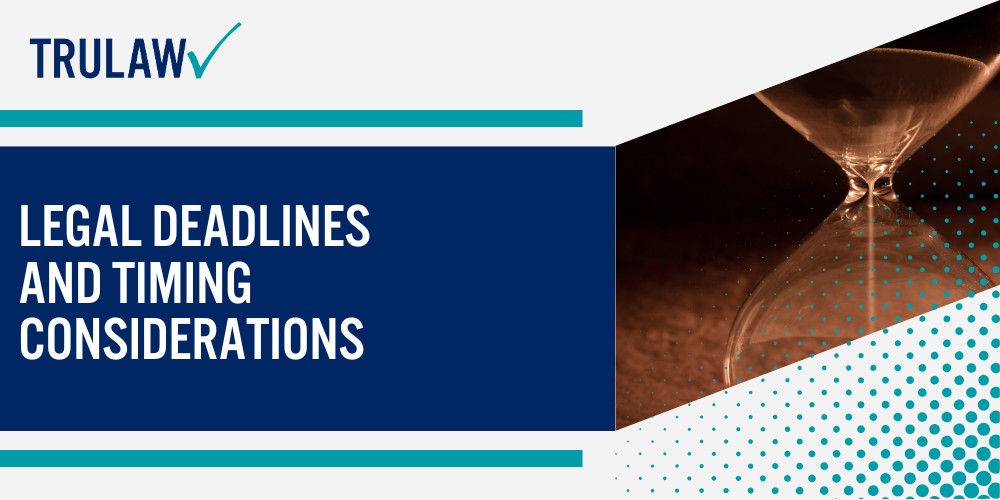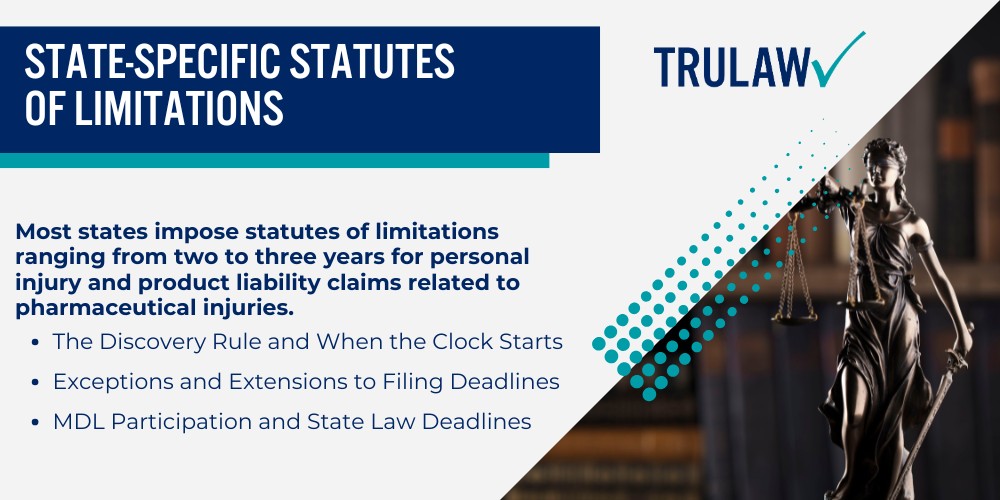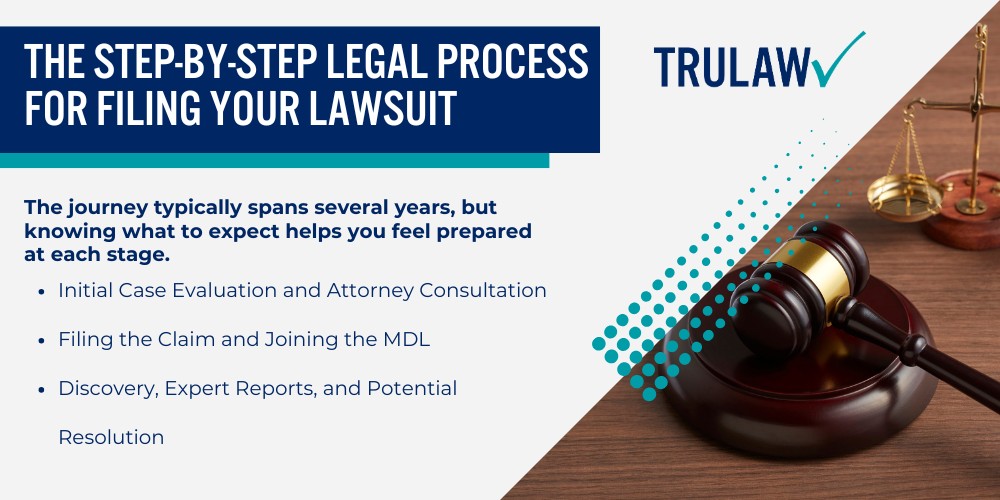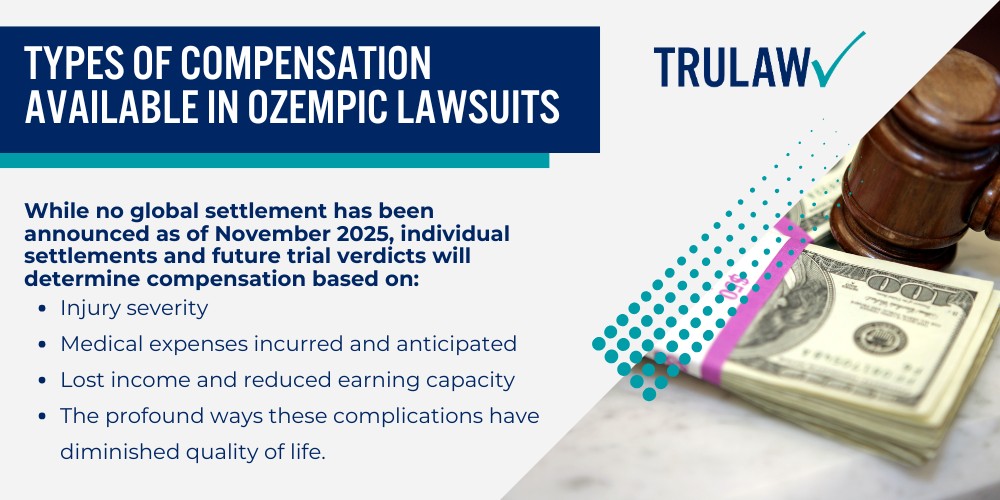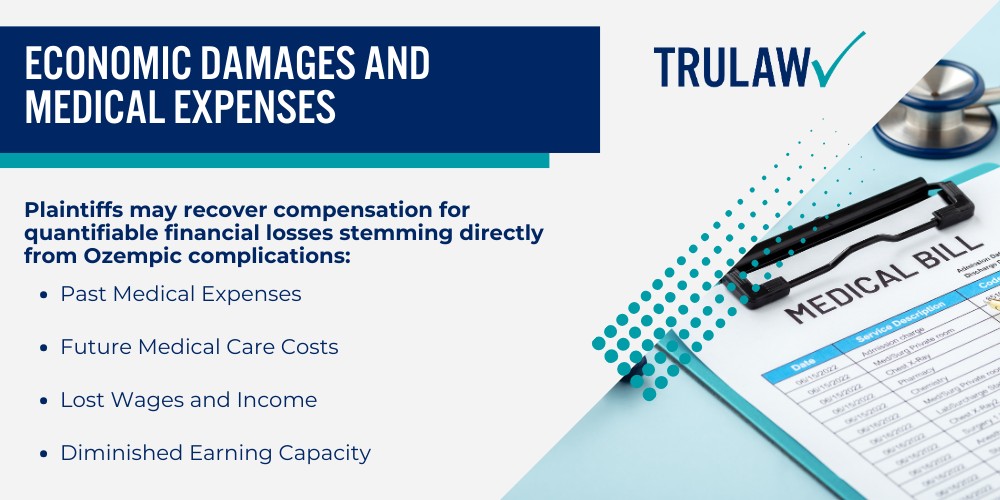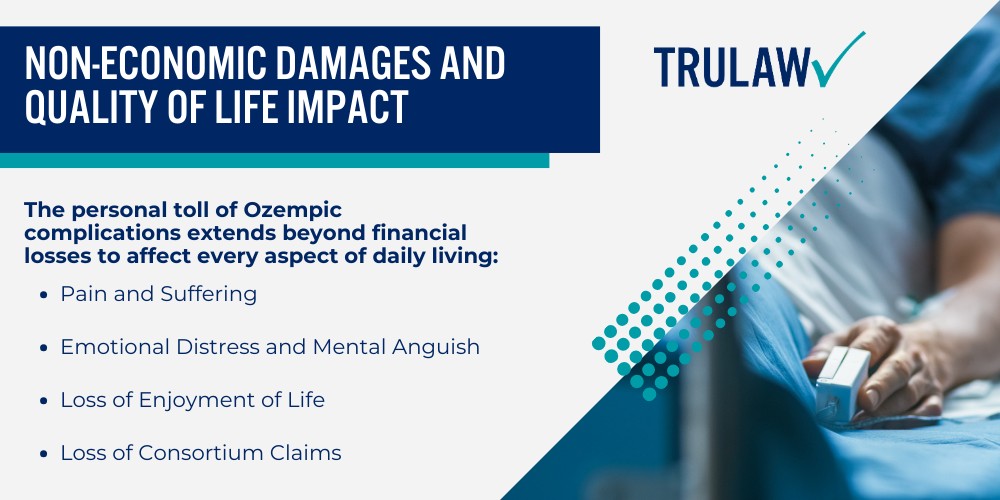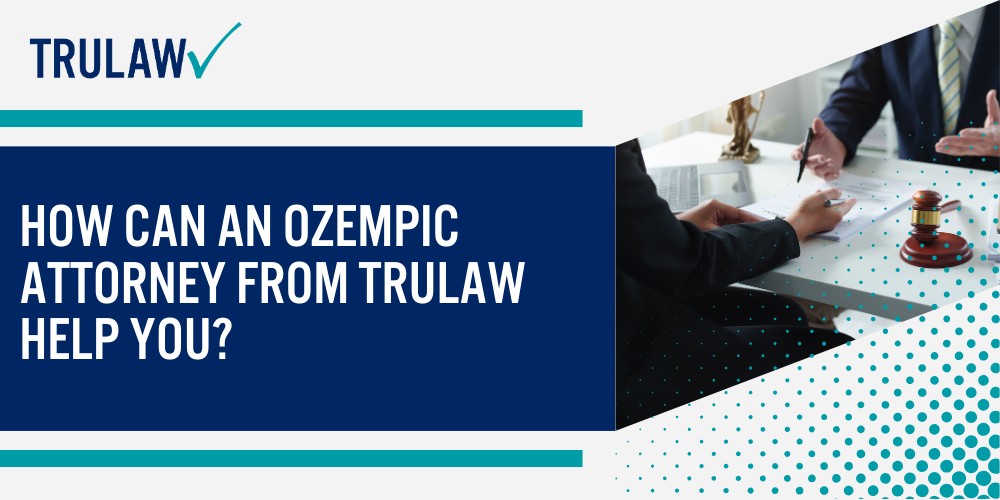Thousands of patients nationwide have filed claims against Novo Nordisk after experiencing serious health complications from Ozempic and other semaglutide medications, with over 2,809 lawsuits now consolidated in federal multidistrict litigation (MDL 3094) in the Eastern District of Pennsylvania.
These legal actions stem from allegations that the pharmaceutical manufacturer failed to adequately warn patients and healthcare providers about severe gastrointestinal injuries, including gastroparesis (stomach paralysis), and vision loss conditions like non-arteritic anterior ischemic optic neuropathy (NAION).
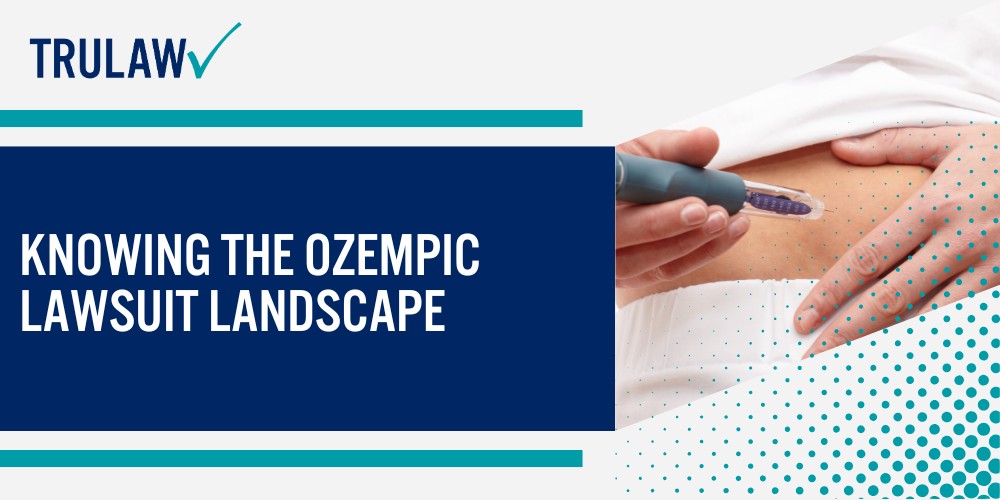
The litigation addresses both individuals who used these medications for FDA-approved diabetes management and those prescribed Ozempic off-label for weight loss, with plaintiffs seeking compensation for debilitating injuries that have altered their quality of life.
Current Status of the Ozempic MDL
MDL 3094, formally titled “In Re: Glucagon-Like Peptide-1 Receptor Agonists (GLP-1 RAs) Products Liability Litigation,” consolidates federal lawsuits filed across the United States into a single court for streamlined pretrial proceedings.
U.S. District Judge Karen S. Marston presides over this litigation in Pennsylvania, managing discovery, expert testimony standards, and procedural timelines that will shape the path forward for thousands of injured patients.
The case count has grown rapidly throughout 2025, with approximately 100-200 new Ozempic lawsuits joining the MDL each month.
As of October 2025, the litigation encompasses 2,809 pending federal lawsuits, representing patients who developed serious complications after using Ozempic, Wegovy, Rybelsus, and similar GLP-1 receptor agonist medications marketed as diabetes treatments and weight management drugs manufactured by Novo Nordisk and Eli Lilly.
Legal experts anticipate this number will continue rising as many patients come forward, with plaintiff attorneys reporting approximately 7,000 additional potential cases currently under investigation.
State Court Proceedings and NAION Vision Loss Claims
Separate state court proceedings have emerged in New Jersey specifically for vision loss claims involving NAION.
Plaintiffs in these state court actions seek to pursue their claims outside the federal MDL structure, arguing that vision loss cases present distinct scientific and medical questions that warrant independent handling.
A petition for multicounty litigation consolidation in New Jersey state courts remains under consideration, while some attorneys have filed motions requesting that NAION cases be transferred to Judge Marston’s MDL for coordinated management.
The litigation timeline shows that fact discovery for certain issues was completed in October 2025, with expert reports from plaintiffs due in December 2025 and defense expert disclosures following shortly after.
Health Complications Driving Legal Claims
Gastroparesis and Digestive System Injuries
Gastroparesis, an Ozempic-linked condition where the stomach’s ability to empty properly becomes impaired or stops entirely, stands as one of the most frequently alleged injuries in the litigation.
This debilitating condition occurs when the medication’s mechanism of slowing digestion and affecting insulin production to create feelings of fullness progresses to chronic dysfunction requiring long-term medical management.
Patients with gastroparesis experience severe nausea, vomiting after eating minimal amounts of food, persistent abdominal pain and bloating, and dangerous nutritional deficiencies that can lead to hospitalization and feeding tube dependency.
Judge Marston issued a ruling in August 2025 requiring that gastroparesis claims be supported by objective medical testing rather than clinical observation alone.
Plaintiffs must present results from properly performed gastric emptying studies (including scintigraphy (nuclear medicine test), breath testing, or wireless motility capsule examination) to demonstrate delayed stomach emptying consistent with gastroparesis diagnosis.
This requirement has shaped case qualification standards and made thorough medical documentation particularly important for patients seeking to join the litigation.
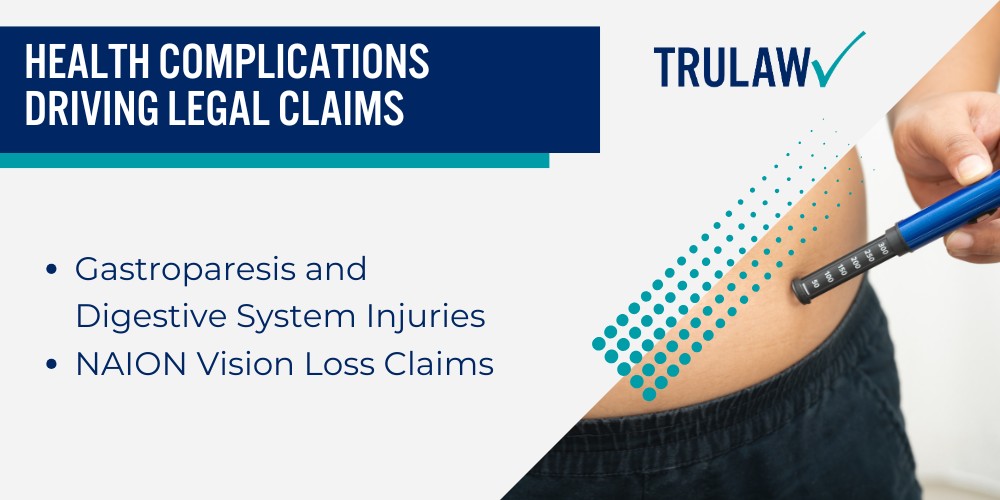
NAION Vision Loss Claims
NAION vision loss cases represent another serious category of injuries alleged in the litigation.
This rare eye condition involves sudden loss of blood flow to the optic nerve, resulting in partial or total blindness that typically cannot be reversed.
Research published in JAMA Ophthalmology found that patients using semaglutide showed four times the risk of developing NAION compared to those on other diabetes drugs.
The European Medicines Agency concluded in June 2025 that NAION constitutes a very rare side effect of semaglutide medications, raising serious concerns that led to updated warnings in Europe.
Additional Reported Complications
Additional complications reported in the litigation include ileus (bowel obstruction), which the FDA added to Ozempic warning labels in September 2023 after recognizing a significantly increased risk, along with severe vomiting requiring hospitalization, gallbladder inflammation and removal, acute pancreatitis, and blood clotting disorders including pulmonary embolism.
The scope of alleged injuries continues to expand as more patients come forward with serious health complications including gastroparesis, vision loss, and deep vein thrombosis they attribute to GLP-1 medications.
Plaintiffs claim that drug companies like Novo Nordisk knew or should have known about these risks through pre-market testing and post-market surveillance data, yet failed to provide adequate warnings that would have allowed patients and physicians to make informed treatment decisions.
